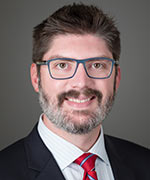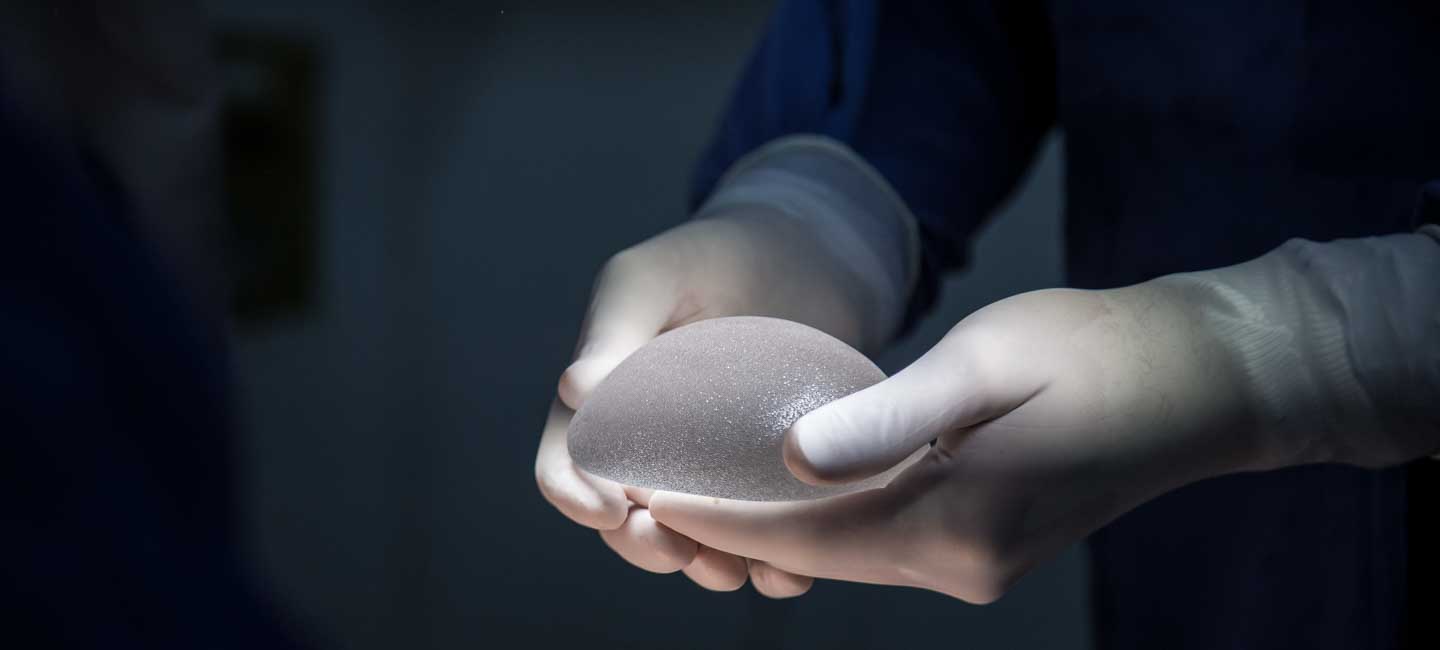New Cases Reported in Rare Breast Implant Linked Cancer
More women have been diagnosed with a rare form of cancer linked to breast implants, with sixteen deaths reported worldwide and nine nationally, according to the Food and Drug Administration (FDA).
In a statement this week, the FDA announced 457 women in the United States have now been diagnosed with breast-implant associated anaplastic large cell lymphoma (BIA-ALCL), up from 414 cases in the agency’s last report.
In 2017, the FDA updated an earlier warning about a link between breast implants and the rare form of cancer, officially calling it breast implant-associated anaplastic large-cell lymphoma (BIA-ALCL).
BIA-ALCL is not breast cancer, but a type of non-Hodgkin’s lymphoma that affects cells in the immune system found around the breast implant.

Dr. Frederick Locke, medical oncologist, Moffitt Cancer Center
While rare, Moffitt Cancer Center medical oncologist Dr. Frederick Locke has treated patients with this condition.
“There may be something about the texture of the implant inducing some inflammation causing the cancer, but currently it’s not well understood why it happens,” says Dr. Locke.
Bradenton, Fla. resident Stacey Boone never thought getting breast implants could result in cancer.
“I had my breast implants done in the early 90s and was never told I needed to go back and have them checked every so many years,” she told Good Morning America.
In 2015 she was diagnosed with BIA-ALCL.
After four rounds of chemotherapy and a stem cell transplant at Moffitt, Boone has been in remission for more than three years.
Although the risk of BIA-ALCL is low – about 1 in 30,000 – the FDA urges both healthcare providers and patients to educate themselves and understand the benefits and risks of implants. The agency is issuing letters to doctors encouraging them to learn about BIA-ALCL in order to better assist women who may be at risk.
The FDA also plans to meet next month to conduct a review of the safety of all breast implants.
If you are considering breast reconstruction surgery, talk to your doctor about the available options for implants. As with any surgery, there are potential risks. Moffitt's treatment team thoroughly discusses any possible complications that can result from reconstruction surgery and provides extensive follow up afterward.



